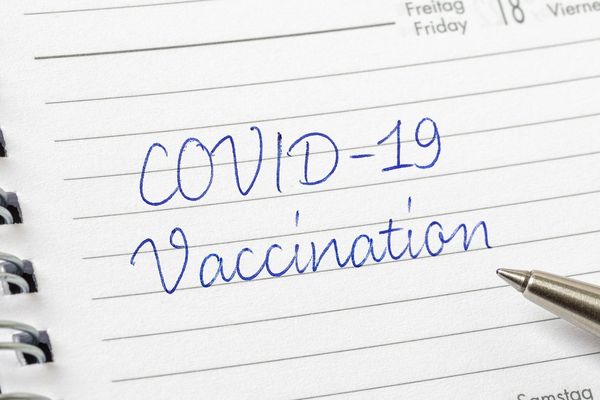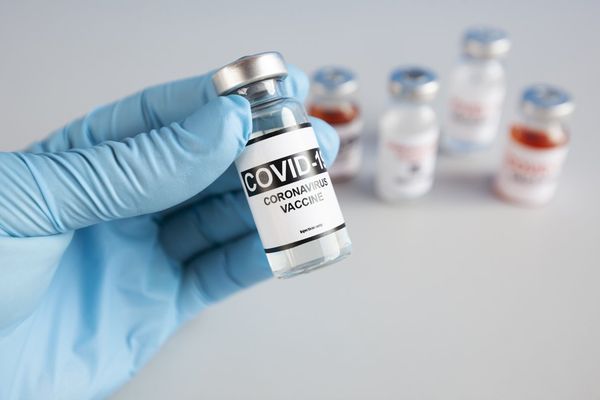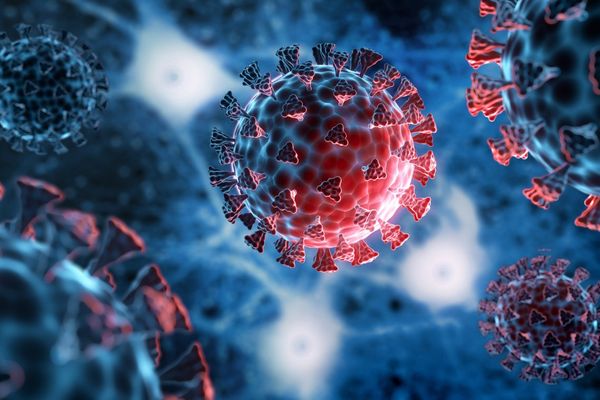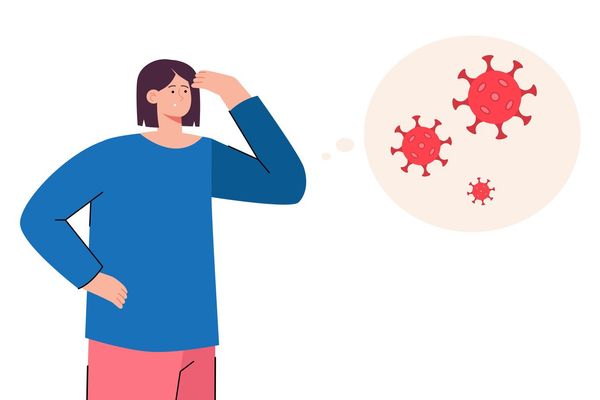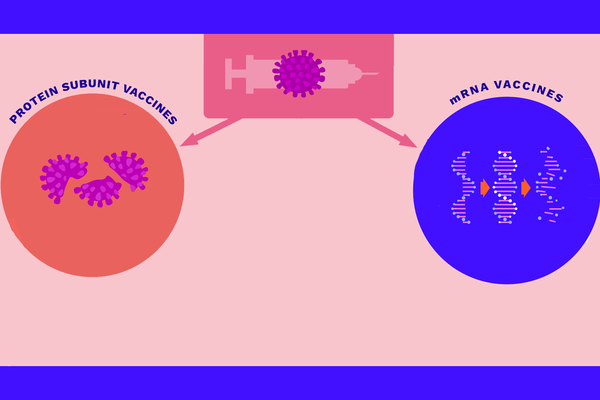Fifteen years ago, Marissa Epstein, director of the University of Texas Nutrition Institute and member of HealthyWomen's Women's Health Advisory Council, was bordering on obese. Her weight loss journey, which launched her nutrition career path, was largely inspired by success stories shared by other women.
"I used to cut pages from magazines of everyday women . . . It wasn't pictures of their bodies that inspired me, but the lifehacks they figured out," said Epstein, who was the associate director of Let's Move!, Michelle Obama's White House initiative to address childhood obesity.
Epstein suggests that drawing inspiration from others with similar goals may help people with obesity who want to lose weight. With COVID-19's third wave approaching, there's never been a better time to start.
Defining obesity
Dr. Sarah Finn, medical director of Dartmouth-Hitchcock's Weight and Wellness Center, defined obesity as a disease of communication in the body — a communication problem between the intestines and hormones that talk to one's brain and fat cells.
Since 2013, the medical community has recognized obesity — a body mass index (BMI) of 30 or over, measured by weight and height — as a disease.
Across the county, obesity is on the rise. According to the Centers for Disease Control and Prevention's (CDC) 2019 Adult Obesity Prevalence Maps, more than 20% of adults were living with obesity across the U.S.
The maps show higher rates of obesity in Black and Hispanic adults throughout the country. According to CDC data from 2017-2018, Black people (49.6%) had the highest prevalence of obesity, followed by Hispanicss (44.8%), white people (42.2%) and Asians (17.4%).
Patients with obesity rarely see a doctor without their weight being brought up. Finn called this the obesity bias: blaming the patient and incorrectly assuming obesity is a disease of willpower.
"A lot of patients with obesity don't trust healthcare providers," Finn said. This can lead to a severity in diseases due to the lack of preventive care: Patients with obesity are less likely to get annual physicals, screening exams and vaccines, Finn explained.
For people of color with obesity, that stigma is twofold: They're facing systemic racism and the obesity bias in health care. A 2017 CDC article questioned the use of BMI to measure the health of African American women, noting that it "fails to account for differences in body composition, fitness levels and nutritional variances that can predict health and longevity."
Money also plays a role. For years, obesity treatment wasn't reimbursable through insurance, likely making it difficult for lower-income people to afford care. Data from 2019 shows Black and Hispanic people experience higher rates of poverty.
"There's an economic reality to how we talk about obesity and how we consider it inside of the medical field," Epstein said.
Obesity, health risks and covid-19
People with obesity face an increased risk of other chronic diseases including heart disease, diabetes, asthma, sleep apnea, high blood pressure, certain cancers and mental illness. Finn explained that in patients with obesity, fat cells get bigger and start to outgrow their blood supply, producing inflammation.
"We think inflammation attacks the nerves that are trying to communicate between the intestines, the fat cells and the brain," Finn said.
Evidence is still emerging, but three large trials conducted recently suggest obesity increases the risk of contracting COVID-19.
One study found that patients with obesity had a 113% increased risk of getting COVID-19, a 74% greater risk of going into the ICU, and a 48% greater risk of dying. Another study showed that, in one hospital system, 77% of Covid patients were overweight or obese.
There are many theories regarding why obesity might increase the risk of COVID-19, including greater inflammation and more viscous blood, which is prone to clotting. Finn said it might also be pure mechanics — greater visceral fat around the organs presses on the diaphragm, limiting lung expansion.
"If they get a viral infection in their lungs, they won't be able to breathe as deeply," Finn said.
Weight loss
Despite biological mechanisms working against the obese body to lose weight, Epstein argued that, for most people, obesity is largely treatable with diet, exercise and support. She recommends finding a registered dietitian nutritionist to help address underlying psychological issues. RDNs are trained in diet coaching and behavioral therapy, which Epstein said is extraordinarily effective in treating obesity. She also recommends building a community around your weight loss goal.
"A support system is one of the best predictors of sustainable success for weight loss," Esptein said, adding, "Address your content consumption before addressing your food consumption. Are you looking at and reading content that inspires you and encourages you in your journey?"
Even a small amount of weight loss (5%-10%) can be hugely beneficial, Finn said, urging folks to consider what's in their control. Eating fewer processed foods, meditating for stress reduction, and moving more can support weight loss.
Though rarely used, Finn said anti-obesity medicines can also be useful in losing weight and keeping it off. She believes they're used so infrequently due to providers' lack of training and a misconception that today's medicines are harmful.
Epstein noted that weight loss plateaus are real and a sign of success. If and when that plateau is reached, don't be discouraged.
"You are now venturing into a new era of lifestyle changes for the long term," Epstein explained. "This is really about fine-tuning and refining the choices that you make on a regular basis."
No one is saying the journey is easy, but small, mindful lifestyle changes will have a bigger and longer-lasting impact than crash dieting.
In fact, Finn said dieting alone doesn't work. Referring to the part of the brain that controls hunger and often interferes with weight loss attempts, Finn concluded, "Treating obesity is learning how to defeat the gatekeeper."


